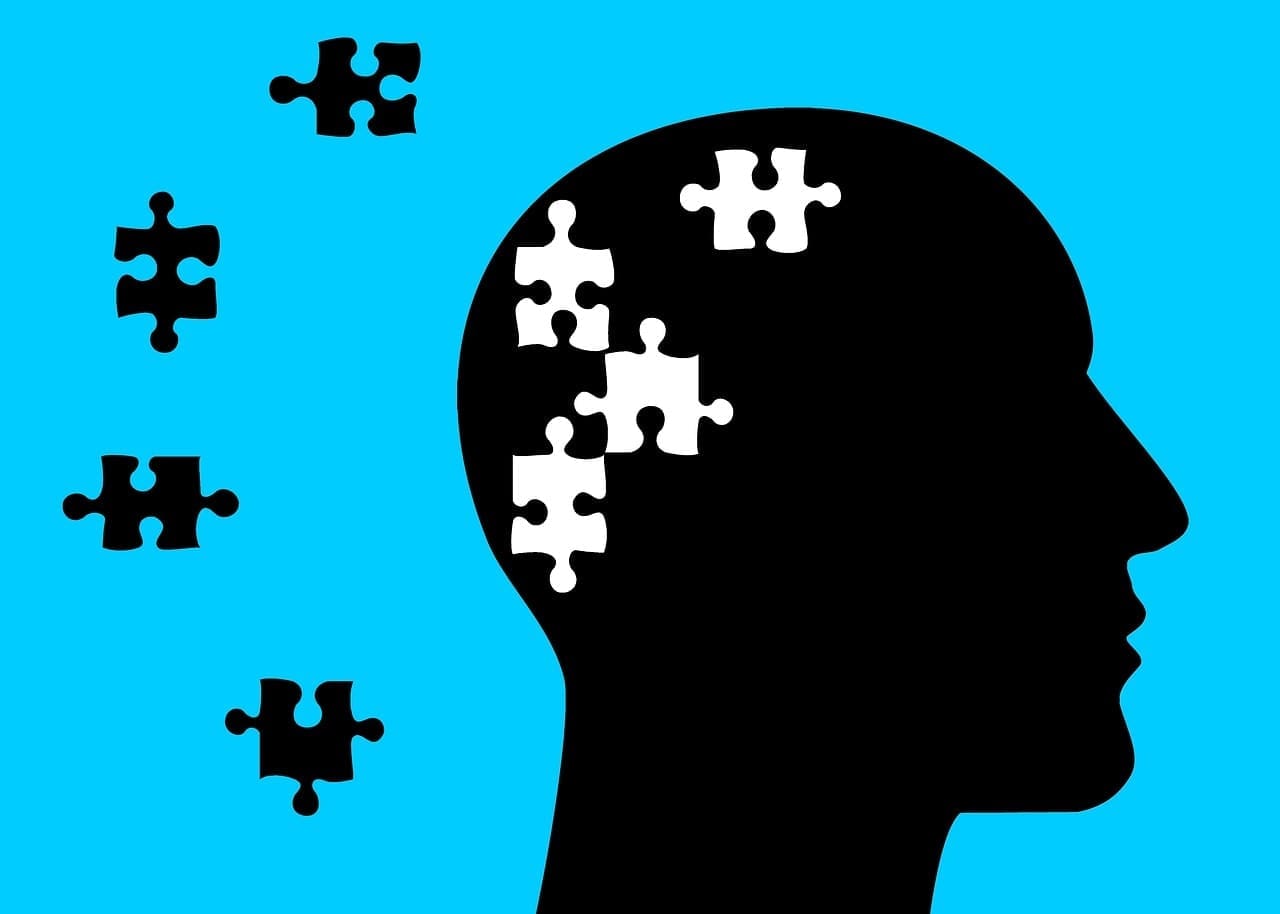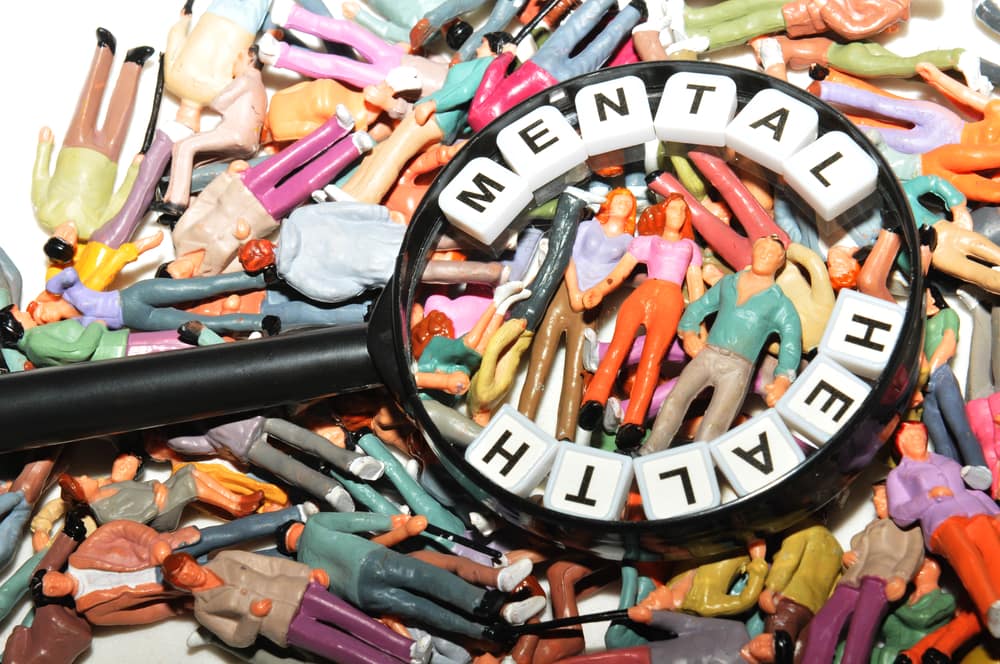Substance abuse disorders and mental health disorders are commonly intertwined so closely that it is hard to tell exactly where one begins and the other ends. According to Foundations Recovery Network, of the 17.5 million Americans with a serious mental health issue, 4 million of them also could be diagnosed with co-occurring chemical dependency. Unfortunately, it is not uncommon for one problem or the other to go untreated or unrecognized by professionals.
The National Institute on Drug Abuse states:
“Men are more likely than women to use almost all types of illicit drugs, and illicit drug use is more likely to result in emergency department visits or overdose deaths for men than for women.”
In addition, males are more likely to be diagnosed with a co-occurring disorder. Therefore, there is a great need for dual diagnosis rehabilitation programs for men.
There are roughly 3 million individuals — the majority of those men — who are living with dual conditions. An astounding few receive treatment for both their addiction and their mental health disorder; less than 5 percent. If you or a loved one is living with addiction and a mental health condition, it is critical that the right type of dual diagnosis treatment is sought. Comprehensive care that tends to both conditions at once is the key to recovery and healing.
Dual Diagnosis at a Glance
Dual diagnosis regarding addiction treatment is a relatively modern practice. It wasn’t until the early ’90s that people who were exhibiting signs of both a mental health disorder and a substance abuse issue were treated with dual diagnosis techniques. Before that point, someone who portrayed signs of mental illness would simply be treated for that illness.
Likewise, someone with a substance abuse issue would undergo therapy for the substance abuse problem without regard to an existing mental or behavioral illness.
It was once quite common for people with both problems to have to be completely sober before they could be treated for other issues. For instance, if someone was showing signs of clinical depression who had an issue with opiate addiction, the individual would have to follow a detox and drug rehabilitation program and achieve full sobriety before depression could be treated. This posed problems for many because:
- Symptoms of one disorder often exacerbate the other disorder (e.g., alcoholism is spurred by depressive thought processes)
- Overcoming one condition is difficult if the other still exists
- Symptoms of one disorder can mimic the symptoms of the other disorder (withdrawal from substance abuse can cause anxiety, for instance)
Thankfully, those days have passed, and professionals are highly familiar with the links between mental disorders and addiction or substance abuse, and why it is important to treat the conditions simultaneously. This process is now recognized as dual diagnosis treatment.
Treatment Options for Men With a Dual Diagnosis
With the proper dual diagnosis, men who have co-occurring substance abuse and mental health problems have a better chance of achieving sobriety and stability in their lives. Treatment with a dual diagnosis can oftentimes be a multifaceted approach involving several forms of behavioral therapy and sometimes medications. Each individual’s circumstances differ, so the right dual diagnosis treatment plan can also vary.
Outpatient Treatment Options for Dual Diagnosis Patients
Many men with addiction and mental issues will seek outpatient treatment options because of their flexibility. With outpatient programs, guys getting treatment can continue to go to work or school, be with their families, and live a mostly ordinary life. There are multiple forms of outpatient therapy available, and the best approach to dual diagnosis treatment as an outpatient is to take advantage of more than one treatment option.
- Support groups and group meetings: Support groups can be found in almost every city across the United States for those who are struggling with addiction. There are also support groups in some places that are offered specifically for men who have received a dual diagnosis. Twelve-step programs, anonymous meetings and peer support groups are all examples of group therapy types.
- Individual and family therapy: Individual therapy is something most dual diagnosis patients need to help them tend to the co-occurring conditions. One-on-one therapy allows an individual an opportunity to closely examine his behaviors and conditions. In addition, close friends and family members usually play a huge role in the recovery process of those who have mental disorders and a substance abuse problem. Therefore, seeking some level of family therapy is ideal as an outpatient in recovery.
- Medication management: Certain medications are widely known to help people who are struggling with addiction. Of course, there are also medications for issues with some mental disorders. Therefore, when a man has been dually diagnosed and opts for outpatient care, it is common for medication management to be part of his recovery efforts. Medications can help with controlling substance cravings, combating withdrawal symptoms, helping with symptoms of mental disorders, etc.
- Sober independent living support: One of the perks of outpatient treatment for dual diagnosis patients is they can continue their ordinary life. With the proper treatment plan in place and a commitment to ongoing therapy, the individual can continue to live independently.
Inpatient Treatment Components for Dual Diagnosis Patients
Inpatient or residential programs for dual diagnosis patients require a commitment from the individual to go into a care facility where treatment is provided around-the-clock. There are several advantages to inpatient programs, including the ability to remove a patient from the outside triggers that can be associated with his conditions.
- Immersion in a community of like-minded people: Even though addiction and mental illness are different for every man, there are a lot of aspects most men have in common. Therefore, being immersed in a group setting with other males who are facing some of the same battles can truly have a therapeutic effect.
- Supportive group therapy: Social settings with individuals who are also learning how to overcome substance abuse issues help to improve and encourage recovery. Men can support one another because they understand their challenges. Patients can learn from one another and their mistakes. Therefore, group therapy is a common component in most inpatient programs for men and women.
- Co-occurring disorder education: When patients better understand their dual diagnosis and the disorders they have, they are better equipped to fight those disorders in a conscious way. Inpatient rehabilitation for men with a dual diagnosis will involve a good level of educational processes to encourage full recovery.
- Multiple forms of daily therapy: Men who enter an inpatient dual diagnosis program will have access to multiple forms of daily therapy beyond just group therapy sessions. Daily therapy is designed to help patients understand how each disorder affects the other, how they can overcome specific challenges, and what they can do to cope with their illnesses. Some types of therapy that can be included are behavioral therapy, psychotherapy and family therapy.
Overall, treatment for a dual diagnosis situation for a man must be a comprehensive approach that tends to both conditions at one time. Otherwise, it can be difficult to find stability with either condition. If you or a loved one is struggling with a substance abuse problem combined with a mental disorder or illness, make sure to seek the proper forms of dual diagnosis treatment.
Author’s Bio:
Lindsey Kimball joined Column Health as a psychotherapist after receiving her master’s degree in Mental Health from Caldwell University. Her clinical background includes the assistance of individuals with a variety of conditions ranging from incarceration to brain injury. She believes in the process of forming a safe space for healing that is unique to the individual, and based on a foundation of trust and collaboration. Outside of Column Health, Lindsey is passionate about hiking, good lattes, and the Boston Red Sox.
Sources
https://www.dualdiagnosis.org/dual-diagnosis-treatment/important-statistics/
http://columnhealth.com/blog_posts/dual-diagnosis/
https://www.drugabuse.gov/publications/research-reports/substance-use-in-women/sex-gender-differences-in-substance-use
https://www.samhsa.gov/find-help/disorders
Image credits





